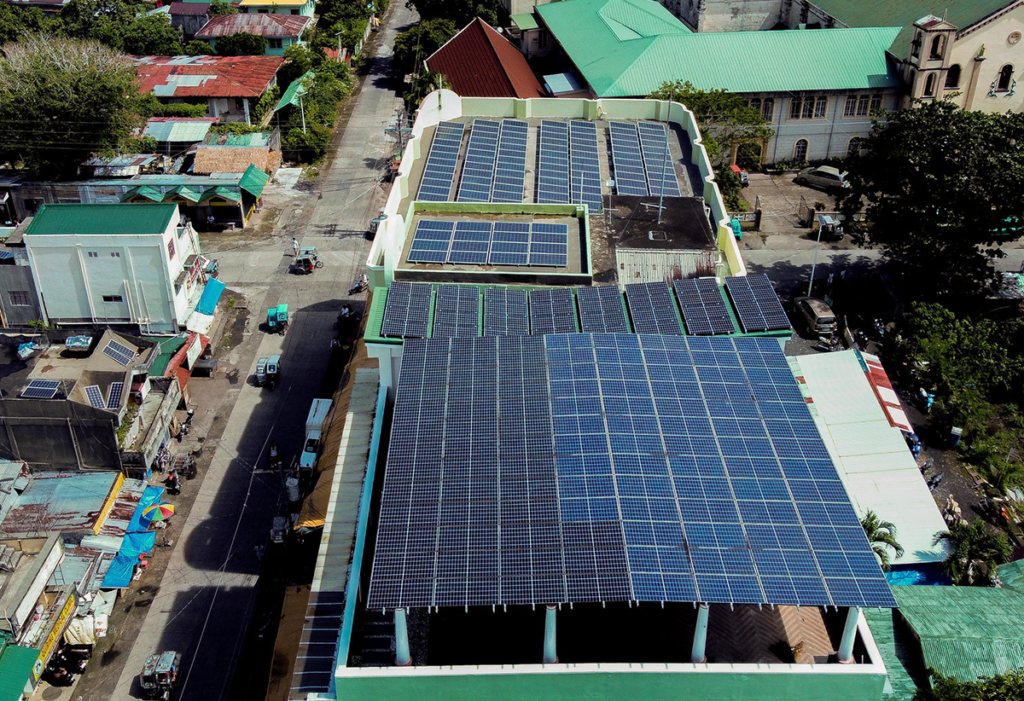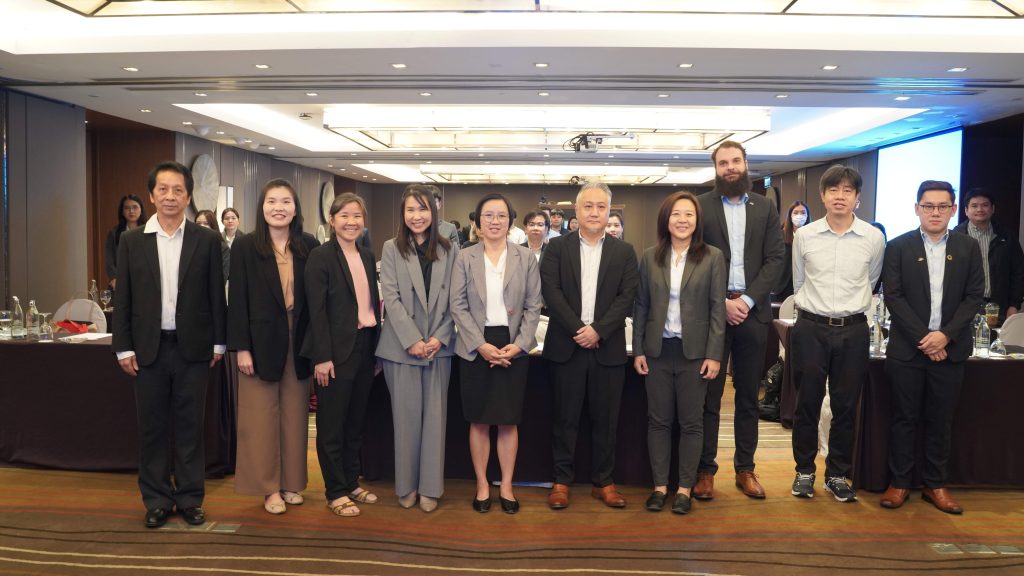MANILA, 06 April 2022 – The Department of Energy (DOE) and the Manila-based policy group Institute for Climate and Sustainable Cities (ICSC) reiterated today that renewable energy sources – through flexible, distributed generation – best suit the power generation needs of the Philippines.
“Renewable energy can definitely compete with coal. In the renewable space, you only pay for the cost of developing, and naturally, the supply is available for use. This is why the DOE is looking for strategies to buy down the cost of RE in the country, not just in the investment side but also for the consumers,” said Mylene Capongcol, director of the DOE Renewable Energy Management Bureau (REMB) in the second day of a virtual conference organized by the Meralco Power Academy (MPA).
ICSC energy transition advisor Alberto Dalusung III presented the findings of the report entitled “Toward an Affordable and Reliable Grid with Energy Transition (TARGET)”, the key points of which are:
- Additional baseload coal is incompatible with current energy needs;
- Variable renewable energy (VRE) sources, primarily solar and wind, are more reliable because of their high availability and predictability;
- Coal is not the most cost-effective option and has hidden costs tied to it; and
- VRE sources are among the cheapest energy sources, and have historically reduced the price of electricity.
The TARGET report is an output of the Clean, Affordable, and Secure Energy for Southeast Asia (CASE) Programme, a regional initiative that aims to drive change in the power sector. CASE was launched in the Philippines last December 2021, with ICSC as its local expert organization and DOE-REMB as its political partner.
“We do not need new baseload power plants – we have enough. We need a system that is attuned to the kind of geography our country has. We need a modern grid that is able to adjust and support diverse, distributed generation,” Dalusung said.
Coal plants in the Philippines have proven to be prone to outages. The country’s dependence has led to rotating blackouts and high electricity prices for many years, especially during the summer season. As the Philippines enters the second quarter of 2022, the local grid is again vulnerable to shortages in the power supply, with large coal power plants not performing as expected.
In the international arena, the Ukraine invasion has heavily influenced energy prices across the globe, including the Philippines, but fossil fuel prices have been rising even before the conflict. Citing global market data, Dalusung said coal prices have spiked more than four times since January 2021, while fossil gas has doubled compared to its cost in the beginning of 2022.
“Because we have relied more on coal, we have reduced our energy self-sufficiency, which is why we are highly vulnerable to price volatility,” said Atty. Jay Layug, senior partner at Puno Law Office and president of the Developers of Renewable Energy for Advancement, Inc. (DREAM).
“The fuel prices in the global market directly affect prices of electricity, and it’s the consumers that bear the costs because we have a regulatory practice of automatic fuel price pass-through or ‘pasa-load’. This needs to be removed as soon as possible, because it is unfair to the consumers,” Dalusung said. “Coal may have the notion that it is cheap, but it actually is very expensive. We have to look at the power situation holistically and we have to look at the facts – that renewables are cheaper and will continue to get cheaper,” he added.
Capongcol pointed out that according to the National Renewable Energy Plan (NREP) from 2020 to 2040, DOE is targeting a 35 percent share of RE by 2030, and over 50 percent share – dominating the Philippine power generation mix – by 2040. The DOE is currently undertaking an impact study under CASE, where they are working with ICSC to develop a policy that declares all RE power plants as preferential dispatch units in the Wholesale Electricity Spot Market (WESM). Public consultations for the department circular have concluded and it will likely be published in the third quarter of 2022.
“We have the tools available under CASE to plan the energy transition, and we will be working with the DOE so they have the benefit to use the information available to our CASE counterparts from Indonesia, Thailand, and Vietnam and define the best roadmaps for each power generating technology,” said Dalusung.
ABOUT THE SUMMIT
The Renewable Energy and Energy Efficiency (REEE) Summit is a two-day virtual conference organized by the Meralco Power Academy last April 5 to 6, 2022, gathering stakeholders from the Philippine power sector to discuss(1) energy efficiency, (2) low carbon future and zero waste, and (3) transitioning to renewable energy and smart cities. For more information, visit https://meralcopoweracademy.org/.
CONTACT
AC Dimatatac, ICSC: media@icsc.ngo, +63 998 546 9788, +63 917 149 5649
###
Photo by Alren Beronio/ICSC
Original article posted by ICSC




